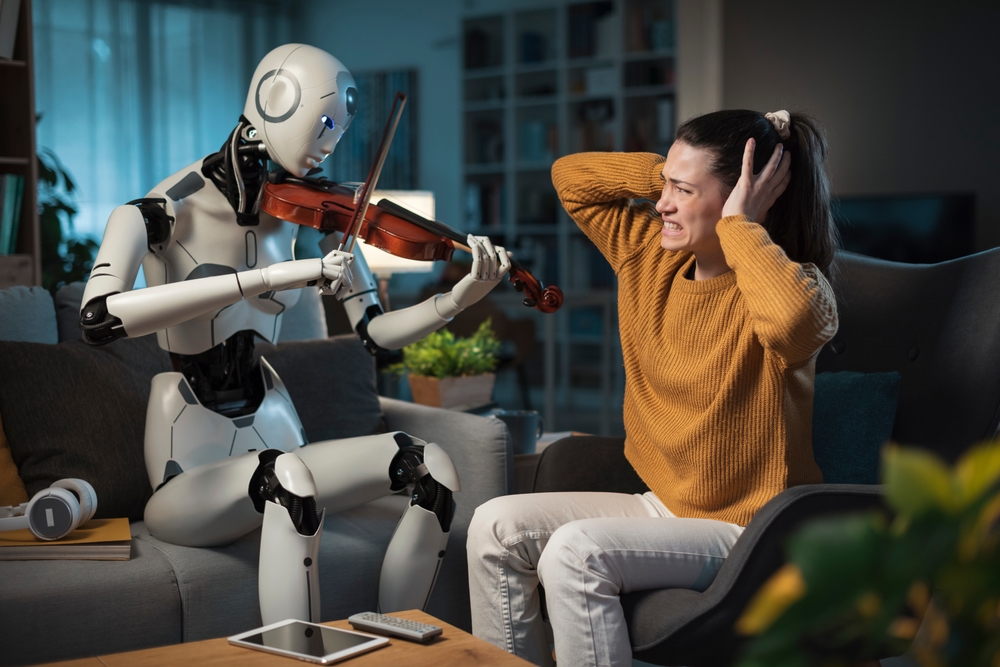Previously, media outlets had speculated that the song “Heart on My Sleeve,” created through a neural network combining the vocal styles of Drake and The Weeknd, was poised to secure a coveted Grammy Award nomination. This anticipation was fueled by an earlier statement from the President of the National Academy of Recording Arts and Sciences, Harvey Mason Jr., who had expressed confidence in the track’s eligibility for the prestigious accolade.

A Shift in Stance
However, in an unexpected turn of events, Harvey Mason Jr. has since reversed his position on the matter. Mr. Mason has explicitly contradicted his own prior remarks, asserting that the aforementioned track would not be considered for a Grammy nomination after all. His initial optimism had been based on the premise that “Heart on My Sleeve” had been composed with human involvement.
The Key Factors in Disqualification
Mason elaborated on the reasons behind the disqualification, emphasizing that despite the song’s human-written lyrics, it faced insurmountable barriers to Grammy eligibility. He cited the unauthorized use of vocals from the label’s artists, the absence of proper approvals for vocal utilization, the song’s unavailability for commercial purchase, and as a result, its exclusion from the Grammy nomination list.
NIXsolutions adds that the song’s author, who goes by the moniker “Ghostwriter,” composed the track using their own original lyrics in combination with vocals generated by a neural network, mimicking the distinctive styles of renowned artists. Initially, expectations were high, with predictions of nominations in two prominent Grammy categories: “Best Rap Song” and “Song of the Year” (categories traditionally attributed to the song’s composer rather than its performer). Unfortunately, “Heart on My Sleeve” fell short of achieving the esteemed Grammy recognition.
Future Prospects for AI-Generated Music
Despite this setback, Harvey Mason Jr. hinted at the possibility of AI-generated compositions receiving Grammy nominations in the future, acknowledging the growing impact of artificial intelligence in the music industry.
